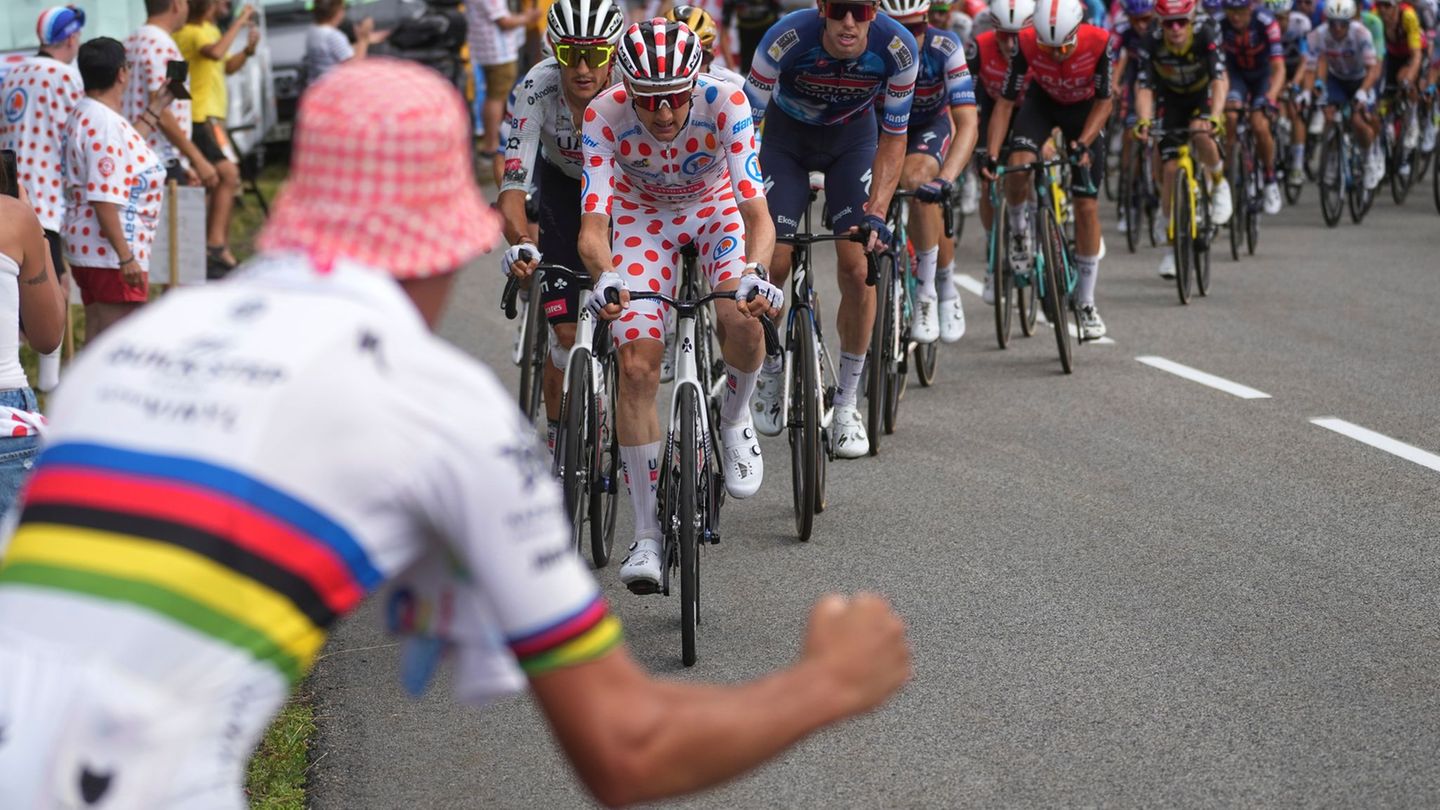The rise in energy prices ahead of winter already threatens several industries highly dependent on electricity and gas, from construction to gastronomy, which raises questions about the growth levels of an economy that in the second quarter it had managed to advance almost 5% compared to the same period in 2021, according to the Istat statistical institute.
The right-wing alliance that arrives as the favorite in the elections perceived this concern, and in the last weeks of the campaign it exploited its historical dissatisfaction with the regime in Brussels, the seat of the EU, to demand greater emphasis in the negotiations for the continental adoption of a ceiling on the price of energy.
Another of the challenges for the next government will be the management of the funds earmarked by Europe for the so-called National Recovery and Resilience Plan (PNRR), for which the country will receive 21,000 million euros from Brussels this semester alone, half also “to lost fund”, or without the need for a refund.
In the coming years, the country should receive another more than 100,000 million euros from the European Next Generation plan tied to the achievement of a series of policy, fiscal, economic and tax reform objectives.
During the campaign, all the parties, in search of the southern vote, promised that they will comply with what is established by law so that at least 40% of those funds are spent in the neglected south of the country.
italy elections.jpg
The fulfillment or not of that promise will be another important axis for concrete steps to be taken to narrow the north-south gap that divides the country in most social and economic indicators.
Draghi, in that context, was more than a reliable ally for Europe after a long career in the continental financial establishment.
The right-wing nationalist leader who is the favorite to be appointed prime minister, Giorgia Meloni, on the other hand, is viewed with distrust by the centers of economic power based on her proximity to the governments of the East of the continent.
Those governments, like that of Hungary, for example, are more reluctant to the dictates of the president of the European Commission, the conservative Ursula Von der Leyen, and Christine Lagarde, successor precisely to Draghi at the European Central Bank (ECB).
Meloni’s conservative positions on issues such as health and reproductive rights or migration management could be a possible source of tension with Brussels.
From the centre-left, the former Prime Minister and Secretary General of the Democratic Party, Enrico Letta, precisely dedicated the last words of his closing campaign to highlighting the link with Europe and pondering the “Atlantist and Europeanist” spirit of his force, which trusts in a comeback at the last minute to be able to appear as an option for the formation of the next Executive.
Source: Ambito
David William is a talented author who has made a name for himself in the world of writing. He is a professional author who writes on a wide range of topics, from general interest to opinion news. David is currently working as a writer at 24 hours worlds where he brings his unique perspective and in-depth research to his articles, making them both informative and engaging.




